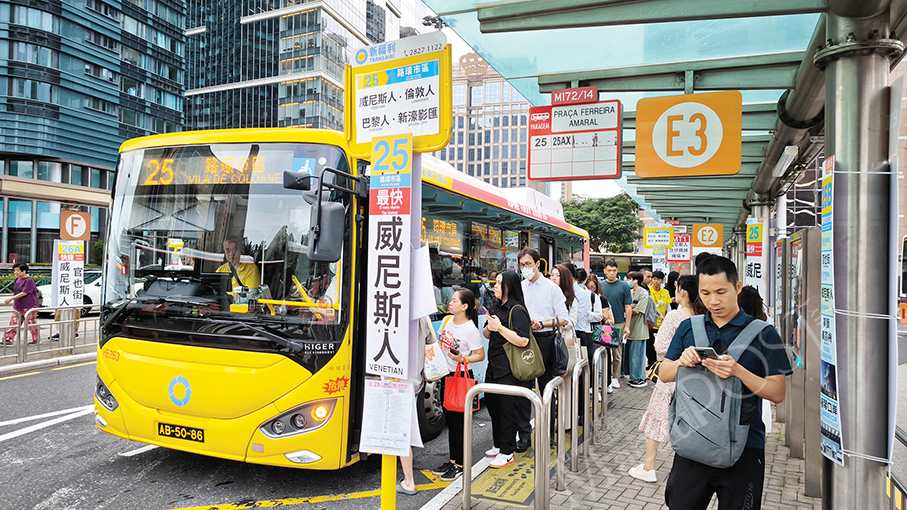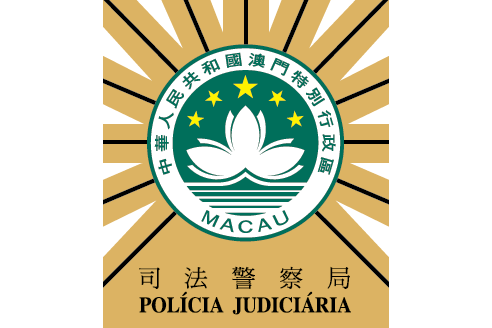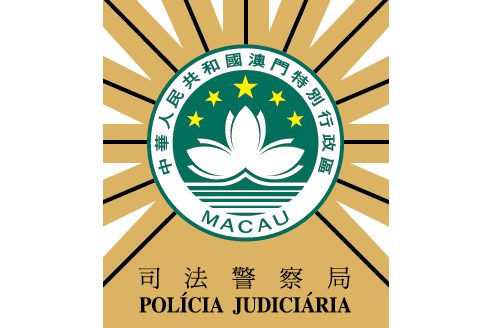Macau’s two public bus operators recorded a profit last year, the first post-pandemic year, after both recorded a loss for two consecutive years, in 2021 and 2022.
Macau was affected by the COVID-19 pandemic for three years from early 2020 through 2022.
The two public bus companies each recorded a profit in 2020.
The two companies published their respective 2023 financial reports in the Official Gazette (BO) yesterday, according to which TCM recorded an after-tax profit of 13.96 million patacas, while Transmac earned 38.86 million patacas after tax.
214 million public bus passengers in 2023
According to official data on the website of the Transport Bureau (DSAT), Macau recorded a total of 214 million public bus passengers in 2023, or a daily average of 586,900, representing an increase of 27.13 percent from 2022.
The number of public bus passengers in 2023 returned to around 93 percent of the level recorded in pre-pandemic 2019, according to the DSAT website.
According to its 2023 financial report published in the gazette yesterday, TCM recorded a total of 112 million passengers last year, an increase of 24.9 percent from 2022, returning to 91 percent of the 2019 level.
According to its 2023 financial report published yesterday, Transmac recorded over 101 million passengers last year, or a daily average of 279,000, representing an increase of 29.6 percent from 2022.
The Transmac report says that the number of its passengers in the fourth quarter of 2023 returned to 99.9 percent of the level recorded in the fourth quarter of 2019.
Macau’s population stood at 683,700 at the end of last year, according to official demographics. In 2023, Macau recorded 28.2 million visitor arrivals, many of whom caught public buses during their stay here.
Extended-range e-buses
According to the two public bus operators’ current service agreements with the government, all of their buses must be new energy vehicles (NEVs) by August 1 this year.
This means that the two companies will no longer use their current diesel buses from August this year.
The two companies’ current six-year agreements, which took effect on January 1, 2021, will expire on December 31, 2026.
According to the two agreements, TCM must have at least 490 buses in operation, while Transmac is required to operate at least 402 buses.
According to DSAT data on its website, at the end of March this year the two public bus operators had a total of 1,057 buses, of which 830 were new energy vehicles (NEVs), comprising 50 natural gas buses and 780 extended-range electric buses.
The TCM report says that it bought a total of 469 extended-range e-buses between 2021 and 2023, meaning that it has fulfilled its plan to replace its fleet with new vehicles ensuring that all of its minimum-required number of buses will be NEVs.
The Transmac report notes that 113 newly bought extended-range e-buses came into service last year. The company had also bought 35 extended-range electric mini buses as well as two 18-metre-long buses early this year, adding that all of them have come into service.
However, Transmac says in its report that in compliance with its agreement with the government, it must still complete its plan later this year to replace its fleet with new vehicles ensuring that all of its minimum required number of buses will be NEVs.

Passengers catch a No. 25 bus at the Praça de Ferreira do Amaral bus terminal yesterday. – Photo: Tony Wong








